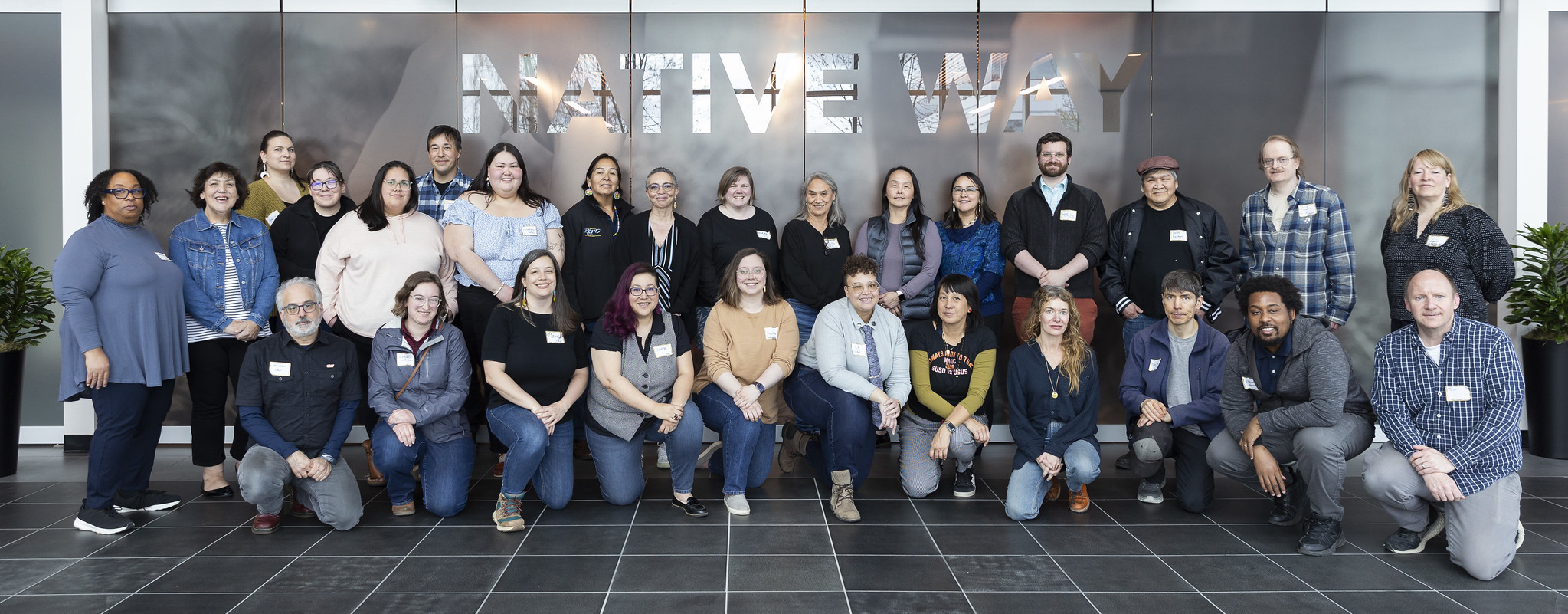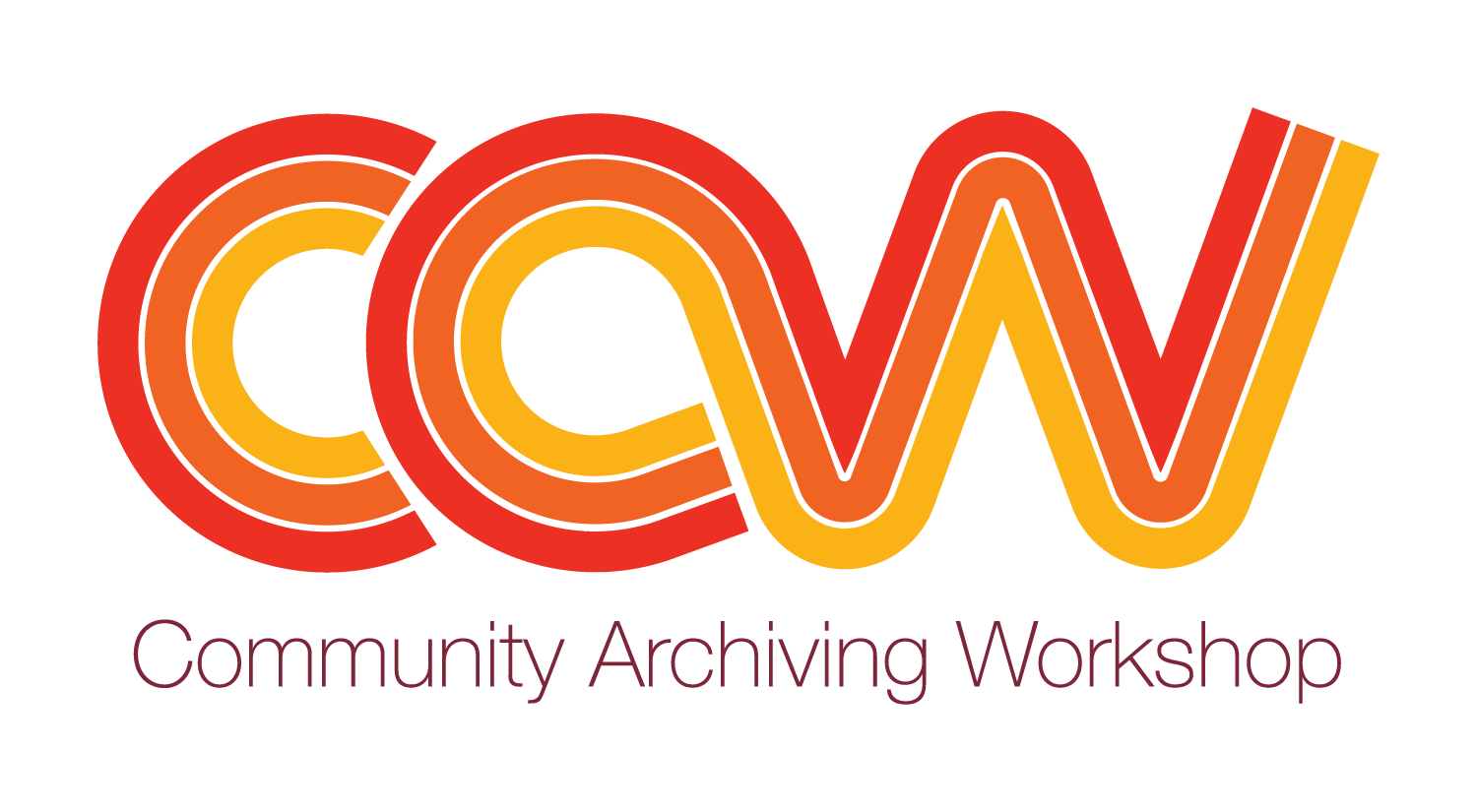
CAW Collective is comprised of the core organizing members—trained archivists with significant experience in the field—who develop, refine, and scale the CAW model and create new tools and workshop modules for underserved collections held by communities that have been historically excluded from the archival record.
Mission
CAW Collective facilitates audiovisual preservation in community-held collections, builds peer-to-peer learning as a foundation for long-term preservation, promotes community networking, develops free resources to scale and share widely, and maintains communication platforms for access to these resources.
Since 2011, CAW Collective has partnered with sixty-three organizations across the United States, Latin America, Asia, and Europe to deliver tailored workshops that jumpstart preservation and foster supportive networks across institutions of all sizes. To date, CAW has:
- Delivered twenty hands-on workshops and remote trainings during the COVID-19 pandemic;
- Provided audiovisual preservation training to approximately 800 cultural heritage stewards worldwide, customizing each training to meet the needs and mission of the organization and community;
- Created detailed inventory and assessment of over 4,000 audiovisual assets, establishing the foundation for collection access and sustainable preservation project development.
- Developed preservation recommendations and roadmaps for over a dozen organizations and;
- Is in the process of launching new modules for digital preservation.
Projects and Consulting
Since 2018, CAW Collective has completed three national projects with federal support. These projects are: Training-of-Trainers (TOT) (Institute of Museum and Library Services, RE-85-18-0039-18); Audiovisual Collections Care in Tribal Archives (National Endowment for the Humanities, PE-268832-20); and Assessing and Addressing Digital Readiness for Audiovisual Collections (National Historical Publications and Records Commission, RJ-103352). Two additional projects, Expanding the Circle of Care for Audiovisual Collections in Tribal Archives (National Endowment for the Humanities, PE-295901) and Advancing Digital Readiness in Diverse Regional Collections (National Historical Publications and Records Commission RJ-104949), are currently underway.
From 2017-2019, members of CAW Collective led the Smithsonian Institution’s Audiovisual Preservation Readiness Assessment (AVPRA) project, resulting in the establishment of the Audiovisual Media Preservation Initiative (AVMPI) the first pan-institutional audiovisual preservation program at the Smithsonian. CAW Collective retains ownership of tools developed for the Smithsonian, adapting them for use in community collections.
Strategic Planning Initiative
In August 2022, CAW Collective received funding from Mellon Foundation to embark on a strategic planning initiative. The project was planned, implemented, and managed by CAW Collective members Afsheen Nomai, CK Ming, Kelli Hix, Marie Lascu, Moriah Ulinskas, Pamela Vadakan, and Sandra Yates under the guidance of Alissa Schwartz of Solid Fire Consulting. Over the duration of one year, the group worked closely with community partners, the Association of Moving Image Archivists (AMIA), professional consultants, and a constellation of mission-aligned organizations and partners to develop a strategic plan and handbook that now guides CAW Collective’s growth and activities over the next three to five years.
Read the Final Report and Documentation submitted to the Mellon Foundation, October 2023.
Over the next two years, members of the CAW Collective are focused on the following strategic objectives:
- Establish an autonomous organization to provide consistent operations and services.
- Model collective organizational structure in alignment with our mission (mirroring collections care + people care).
- Expand the workshop model to meet the needs of our partners through:
- Diversifying workshop formats: digital, documents, photographs, ephemera.
- Incorporating digital readiness tools (past and present collections partners).
- Incorporating storytelling and memory work.
- Develop a mentorship pathway for emerging professionals.
- Expand international reach.
